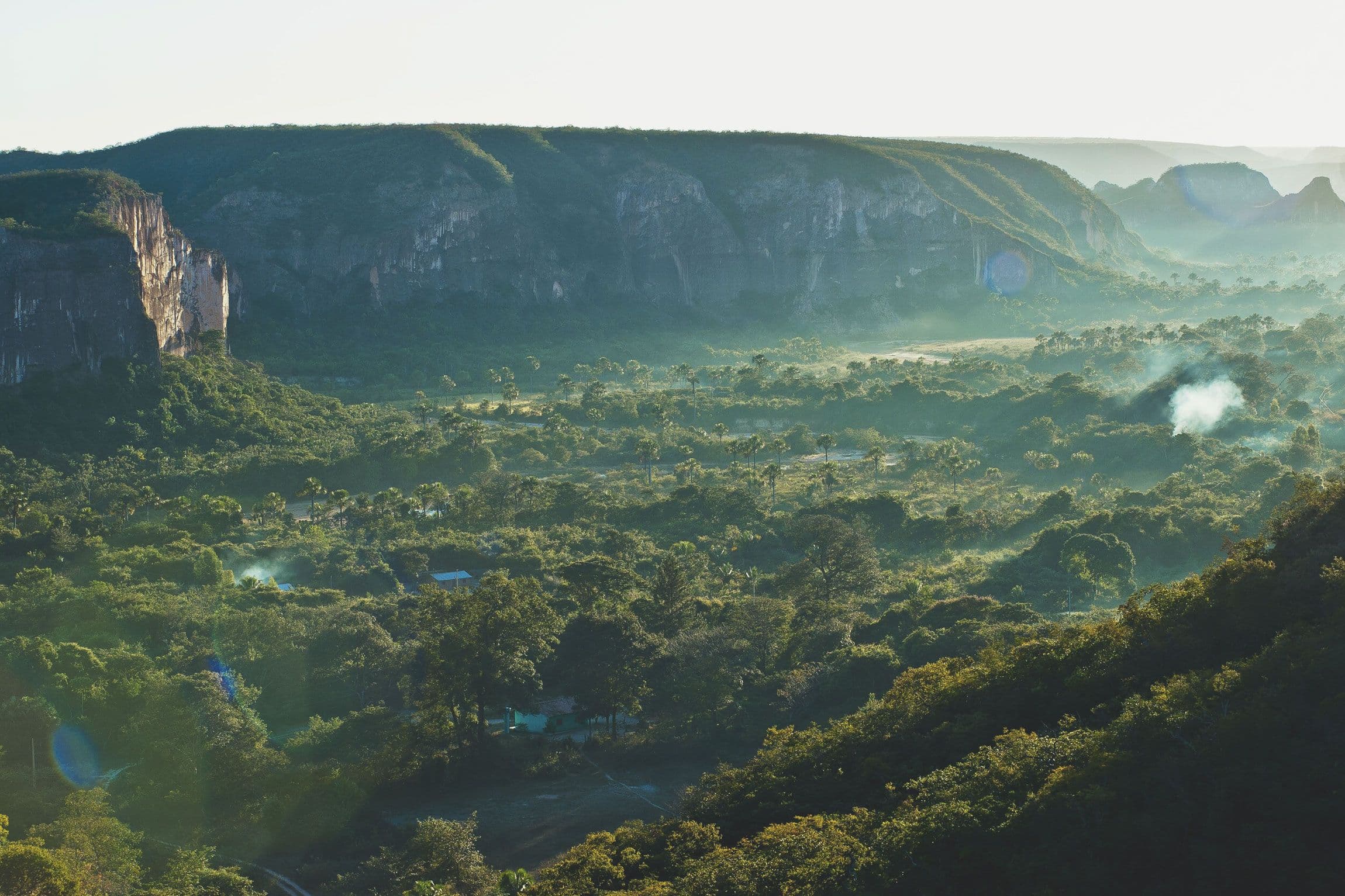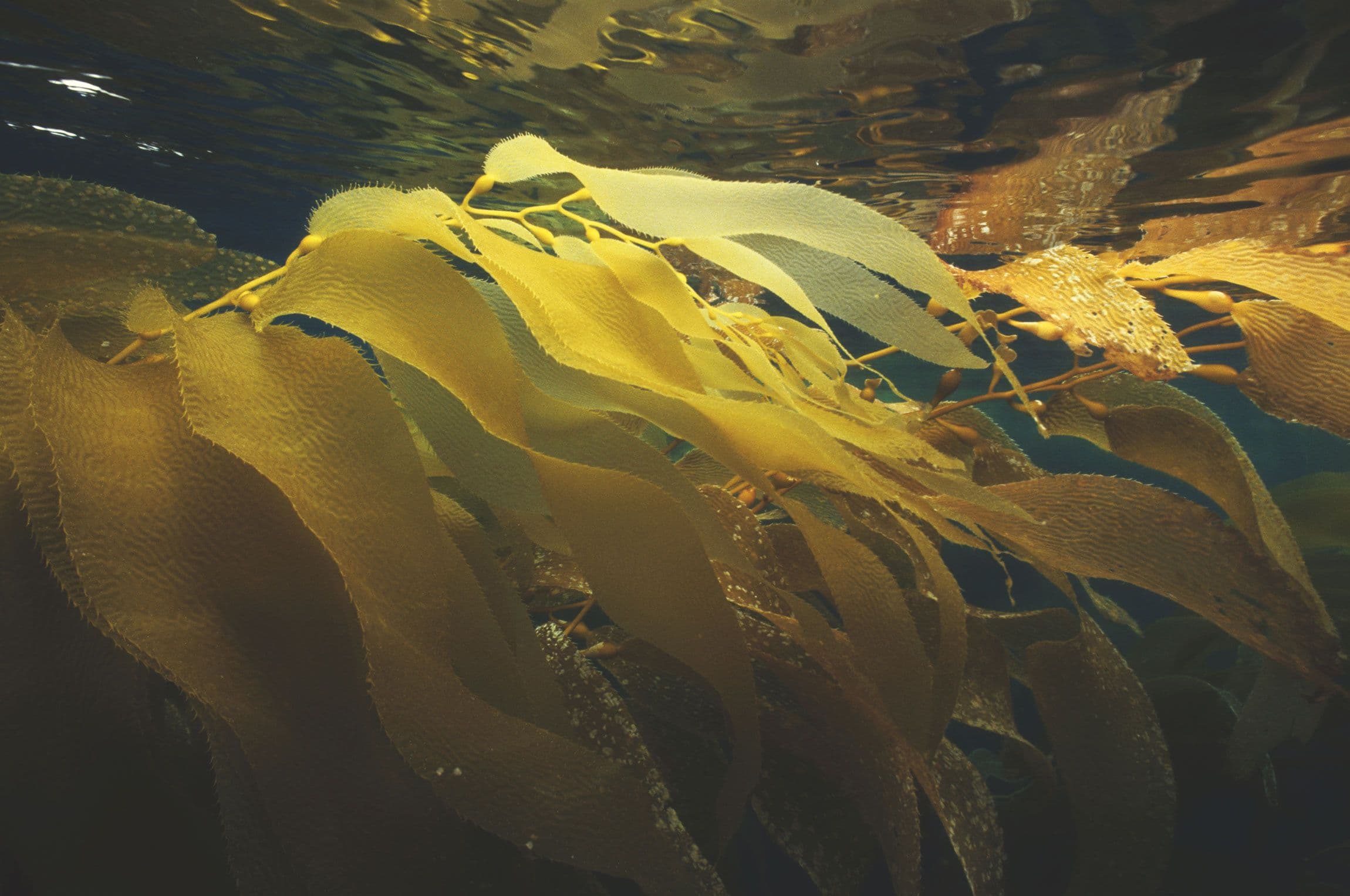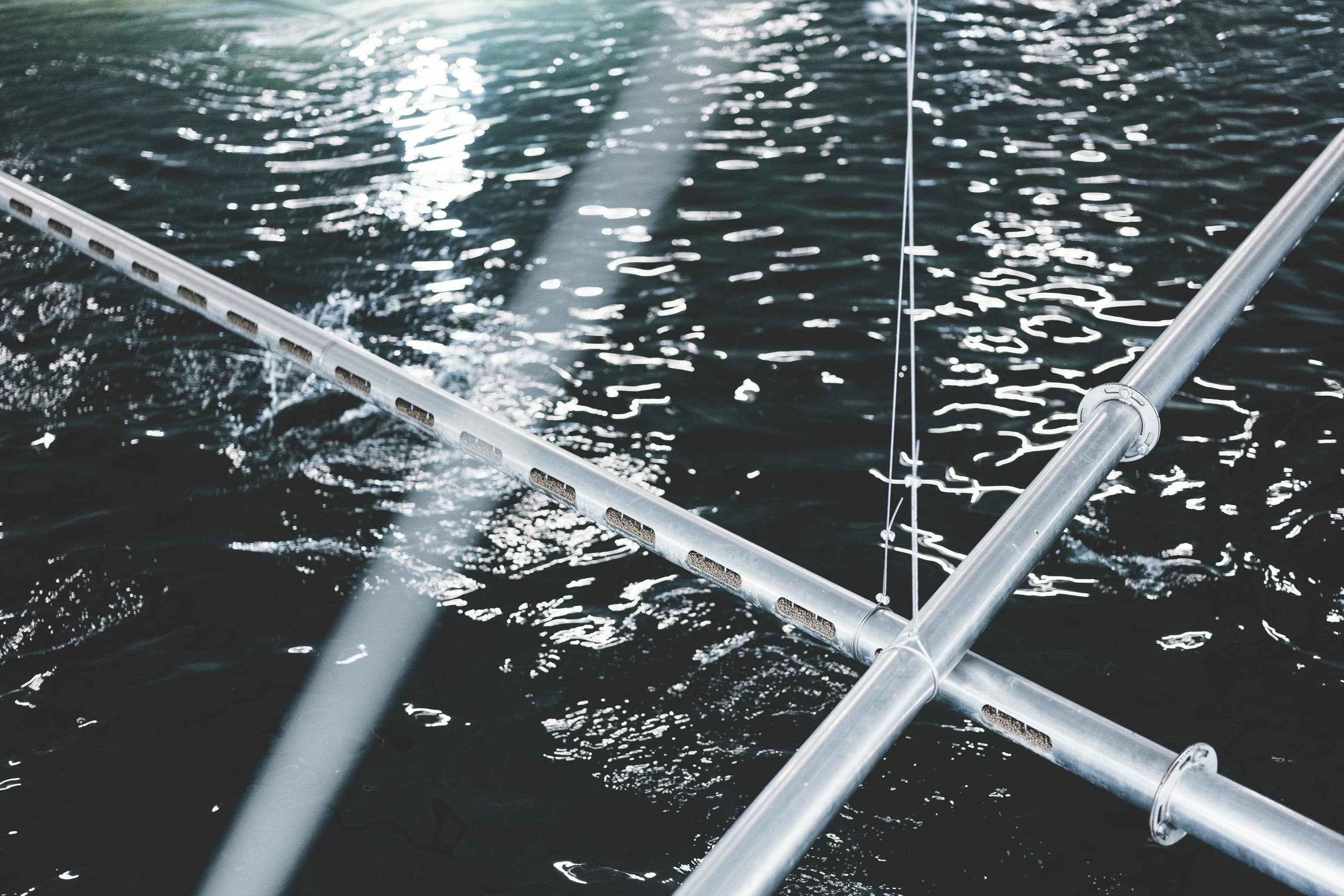
Forests serve a critical function in the fight against climate change and provide livelihoods, food, shelter, medicine, and fuel for more than a billion people worldwide. Forests are also home to 80% of our planet’s plant and animal species. Conservation of natural forests is therefore crucial to limiting global warming, preserving terrestrial biodiversity, and safeguarding the rights of Indigenous Peoples.
Soy and palm oil cultivation are among the biggest known global drivers of deforestation and forest degradation. Seeds from the soybean plant provide protein for animal feed for livestock, including farmed fish. Fish feed is the most important and costly input factor in salmon farming. Sustainable sourcing has long been an issue, with increased production volume of farmed fish, which has made feed producers substitute marine fish oil and fish meal with plant-based ingredients such as Soy Protein Concentrate based on soybeans.
Increasing demand for protein and animal feed is likely to lead to expansion of soy cultivation, which may cause loss of forests and vegetation in biomes like the Amazon and Cerrado in Brazil. The Amazon Soy Moratorium was implemented by the Brazilian soy industry and civil society in 2006, halting deforestation caused by soy cultivation in the Amazon. No such industry-wide solution is in place in the Cerrado. The Brazilian Forest Code allows for forest conversion of up to 80 percent of the Cerrado biome. As such, additional solutions are needed to halt soy related deforestation of the Cerrado.
Our commitment
Grieg Seafood is committed to:
- Eliminate deforestation and conversion of natural ecosystems
- No planting on peatlands and no exploitation
- Protect the rights and livelihoods of local communities
- Engage with stakeholders and promote awareness of the move towards zero deforestation
Ingredients with a deforestation risk
Soy products
Volume of Brazilian Soy Protein Concentrate (2023): 14 345 tonnes.
Suppliers of Brazilian Soy Protein Concentrate: CJ Selecta, Caramuru, Imcopa.
Approximately 10.5% of our feed ingredients globally is Brazilian Soy Protein Concentrate (SPC). It is only used in feed purchased for Norway and Newfoundland. We consider it as an ingredient with high deforestation risk.
Palm oil
Volume of palm oil purchased for use in feed (2023): 124 tonnes.
Approximately 0,02% of our feed globally is palm oil. It is only used for feed we buy in Newfoundland. We consider palm oil an ingredient with high deforestation risk, but less material to Grieg Seafood due to the small volume used.
Our approach
We are working to avoid contributing to deforestation, both directly and indirectly:
- All Brazilian soy products are certified according to ProTerra or Round Table on Responsible Soy (segregated).
- All Brazilian soy products are supplied by Brazilian sub suppliers with a 2020 cut-off date for all of their soybean business in the Cerrado. This is important to mitigate indirect contribution to deforestation in this high-risk geography caused by increased demand.
- All palm oil is certified by Round Table on Sustainable Palm Oil.
Other initiatives
The Cerrado Funding Coalition Grieg Seafood is a founding member of the Cerrado Funding Coalition together with Tesco and Nutreco. The coalition aims to end all soy-driven deforestation in the Cerrado, by funding a Brazilian-led industry-wide solution which provides financial incentives to farmers that expand soy onto existing agricultural land. Grieg Seafood has pledged to contribute 2 dollars per tonne soy used every year for 5 years, starting when the mechanism is launched.
The Cerrado Manifesto Statement of Support
We are co-chair of the Steering Group of the Cerrado Manifesto Statement of Support, a coalition of 160 global companies who commit to working with local and international stakeholders to halt deforestation and native vegetation loss in the Cerrado.
Using our Green Bond
We have excluded Cargill Aqua Nutrition from our June 2020 Green Bond use of proceeds , until the parent company Cargill Inc has significantly reduced its soy-related deforestation risk in Brazil.


